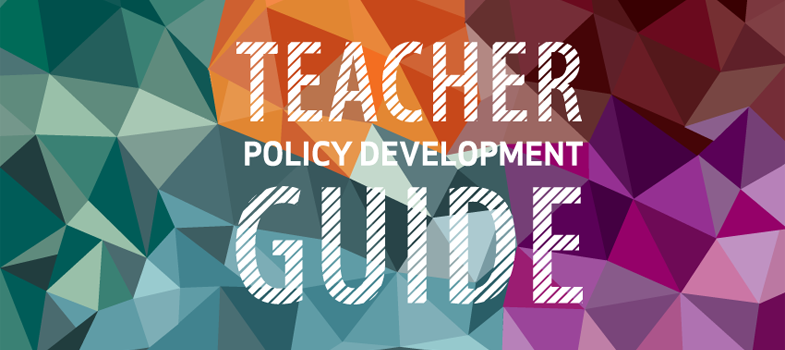3.5.7 Autonomy and control
Teacher professionalism is associated with a ‘bundle’ of factors: high-quality initial and ongoing education; relatively high levels of reward and social status; and a degree of autonomy and control over professional practice for both individual teachers and the profession as a whole. These different elements interact: teacher quality and education must be sufficient to allow for effective teacher autonomy. In Finland, teachers have a high educational, social and professional status and enjoy a high degree of autonomy over their classroom and working conditions, having ‘earned the trust of parents and the wider society by their demonstrated capacity to use professional discretion and judgement in the way they manage their classrooms and respond to the challenges of helping virtually all students become successful learners’ (OECD, 2011b: 11; see also Box 2.3). Conversely, where teachers and their representatives lack influence and control over their working practices and working conditions, they are more likely to feel demotivated, less empowered and less able to produce the best possible outcomes for learners. This, in turn, leads to a vicious circle of low social status, low motivation and morale, and poor professional performance and outcomes. A holistic teacher policy will promote strategies to progressively develop a high-quality teaching profession by promoting the different dimensions of professionalism, including greater autonomy, as part of an integrated approach.
3.5.6 School violence
